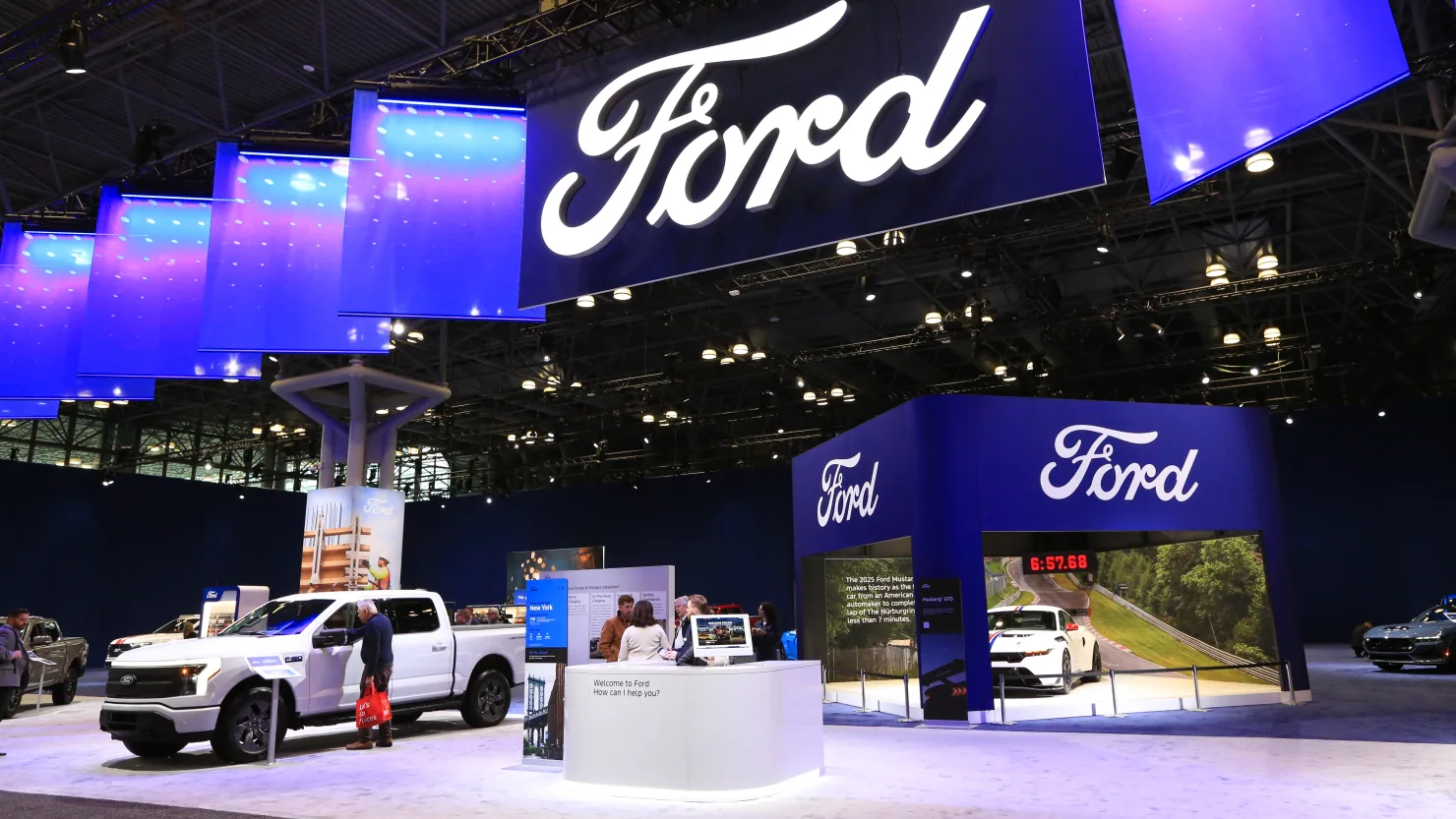Automakers including Ford, Hyundai, and Kia experienced strong year-over-year growth in U.S. vehicle sales for April, as consumers accelerated their purchases to avoid anticipated price increases from newly implemented tariffs. The 25% import tariffs on vehicles took effect on April 3, prompting a wave of urgency among car buyers beginning in late March and continuing through most of April.
This consumer buying spree was further encouraged by automaker incentives. Ford offered an “employee pricing” program to soften the impact of higher prices, which it has now extended through the Fourth of July weekend. Hyundai reassured customers that it would not increase prices before early June, providing buyers with added confidence to make purchases.
Ford saw a 16% increase in April sales compared to the previous year. Hyundai’s namesake brand posted a 19% rise, while Kia, a subsidiary of Hyundai’s parent company but operating independently in the U.S., reported a 14% gain. Toyota also saw growth, with a 10% increase in year-over-year sales for the month. General Motors, which reports on a quarterly basis, confirmed a 20% sales increase for April compared to the same month last year.
However, industry analysts caution that this surge may be short-lived. As April progressed, signs of slowing demand emerged due to tightening inventories and the effects of earlier consumer purchases. Analysts noted that the retail vehicle market lost momentum in the latter part of the month, with rising prices and limited vehicle availability potentially curbing future sales.
According to experts, the U.S. auto market is now entering a phase characterized by lasting impacts from higher import tariffs. The initial burst in retail activity appears to have peaked, and the road ahead may be more challenging as the sector adjusts to the new cost environment. Additional 25% tariffs on imported auto parts are expected to take effect soon, further pressuring both pricing and supply chains.
Some modifications to the tariff policy were introduced this week, including reduced stacking of levies and reimbursements for certain U.S.-sourced components. Ford CEO Jim Farley acknowledged that these changes are a positive step, but emphasized that more needs to be done to support the domestic automotive industry and maintain its growth trajectory amid the evolving trade landscape.
READ MORE:
